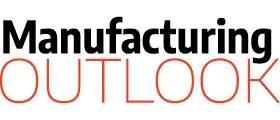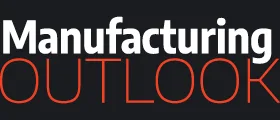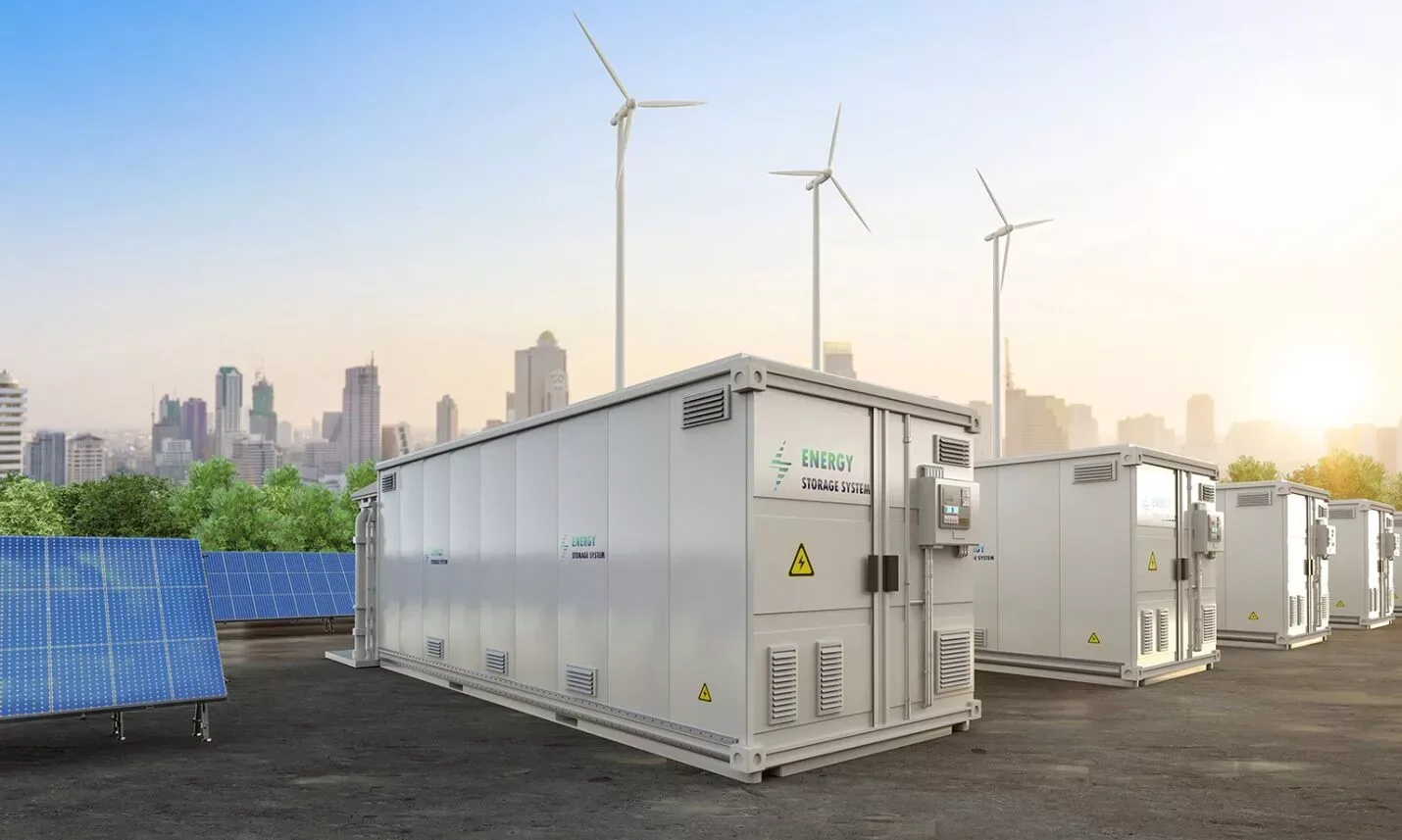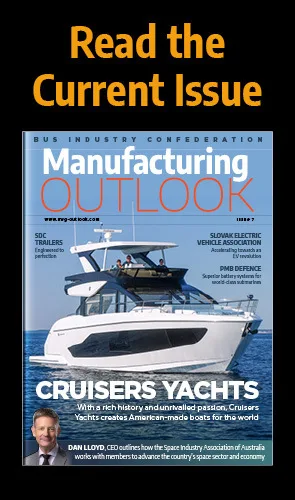Professor Chris Harrop, OBE and Chairman of Made in Britain, explores the feasibility of mitigating global temperature rises within the manufacturing industry, and the important role that manufacturers must play in a world increasingly focused on sustainability and social responsibility.
INTRODUCTION
Post-COP28, the world must now accept that the aim of keeping global temperature within 1.5°C above pre-industrial levels, as per the Paris Agreement, is dead in the water.
The reality is that a 1.5°C increase in global temperature is inevitable within the next decade. Experts, including the UN Intergovernmental Panel on Climate Change (IPCC), predict that this will happen in the the early 2030s. Businesses need to ramp up their mitigation efforts, doing everything they can to decarbonise and cope with this new reality. It is a case of adapt or die.
New products will be needed, so manufacturers have a once-in-a-generation opportunity to lead the charge in preparing society for the 1.5°C future. It is they, the creators, and the makers, that will provide the innovations the world needs for the new era.
Here’s an outline of the four key areas of focus for manufacturers committed to responsible business in 2024 and beyond.
1. DECARBONISE: A TRANSFORMATIVE IMPERATIVE
Decarbonisation is a transformative imperative for all responsible manufacturers. Where possible, manufacturing companies should be transitioning to cleaner energy sources; streamlining their supply chains; adopting circular economy principles; and continuously developing and building on their sustainability practices.
Furthermore, manufacturers have another pivotal role to play – innovating to produce alternative products with lower product carbon footprints (PCFs) and embracing new technologies and processes that minimise environmental impact and enhance operational efficiency.
Made in Britain Impact Award winner, PUNCH Flybrid, is an inspiring example of what UK manufacturers can achieve in this area. The company uses flywheel energy storage technology developed for Formula 1 to provide a boost of power and allow users of dynamic equipment to reduce the size of generator they need – saving fuel and reducing CO2 emissions.
2. INNOVATE: CREATE THE PRODUCTS OF THE FUTURE
The 1.5°C future brings with it incontrovertible realities. These include more heat and floods, loss of biodiversity, and many more changes to the world around us. Manufacturers across the globe now have the opportunity to create and deliver for the new world.
By prioritising R&D, companies can develop new products that address the challenges posed by climate change, such as climate-resilient infrastructure, sustainable energy solutions, and water-efficient technologies.
In this era of adaptation, collaboration is key. Manufacturers should actively seek partnerships with research institutions, government bodies, and fellow industry players to pool resources and expertise. Shared knowledge and collaborative initiatives will accelerate the development and implementation of optimal solutions.
3. EMBRACE DIVERSITY OF THOUGHT
The only medium to long-term differentiator between businesses that are successful and those that are not, is people’s brains. It is humans that are the key driver of progress. As such, responsible business is ultimately all about people.
While diversity of characteristics rightly garners attention, the power of diversity of thought should be at the forefront of our minds too. Manufacturers should actively seek a broad spectrum of backgrounds, skills, and viewpoints. This not only enhances creativity and innovation but also ensures that solutions are robust, inclusive, and applicable to the diverse markets they will serve.
Harnessing the absolute best ideas means embracing diversity of thought as far as possible. Doing so is essential for driving innovation and problem solving on a global scale. Thus, diversity of thought is far more than a box ticking exercise – it is a strategic imperative.
4. FORGET LABELS, FOCUS ON ACTION
This is the time for tangible, measurable action. Let’s put complacency – and greenwashing – firmly in the past.
Rather than getting hung up on the noise around the many buzzwords and labels – “net zero”, “sustainability”, “carbon neutral” – manufacturers should focus on pragmatic actions that align with the broader goals of decarbonisation, adaptation, and progress.
The challenges posed by the 1.5°C future offer an unprecedented opportunity for manufacturers in the UK and across the world that are able to embrace the reality of this pivotal time.
Our world is entering a new era of manufacturing – this is the moment for responsibility, innovation, and transformative leadership.
The results will astound us.




























